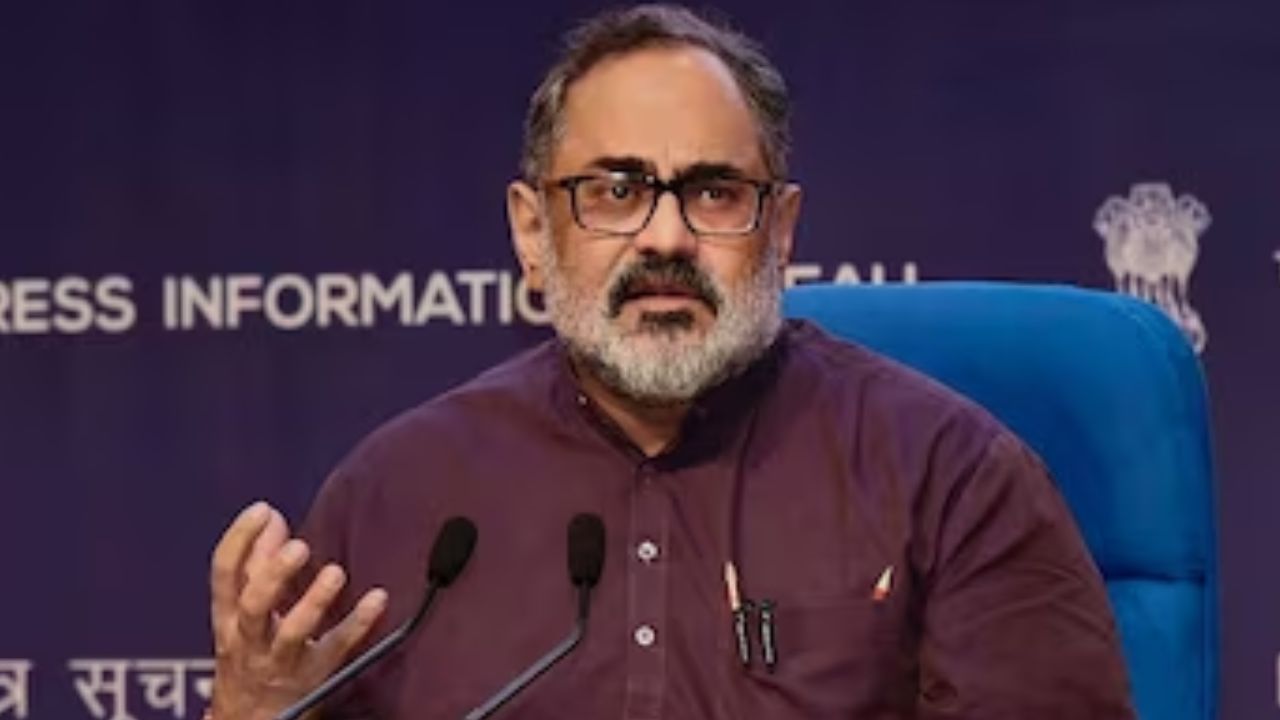Minister of State for Electronics and Information Technology, Rajeev Chandrasekhar, said India was pioneering a global framework on Gen AI and aimed to discuss it by July, as per reports.
It is impossible for one country to regulate the harms of the internet, because these are almost always extra jurisdictional, where the victim is in one jurisdiction, the perpetrators in another, and the crime is committed in the third, he said. So, there’s no escaping the need for alignment around the principles that will underpin this global framework. And India has offered to lead the charge on creating this draft framework.
In its fight against deepfakes, India is set to notify rules for social media companies to tackle it as advisories failed to yield fruit. The government is forming rules to counter deepfakes and engaging with stakeholders for creating its own regulatory framework for AI.
Chandrasekhar, in a virtual chat on global AI competitiveness in the Nasscom Technology and Leadership Forum in Mumbai, said that all platforms are legally accountable for any harm Gen AI causes.
Chandrasekhar said there was a need to remove ambiguity in the use of Gen AI, seeking more clarity and adherence to ethics while stressing on the need to ensure a safe AI.
Read More:Beyond politics: Rajeev Chandrasekhar’s fashion style, unlocking the power of swag
Citing the covid period, the minister of state said the need for trust in usage of technology had gained importance now, with trust emerging as a big differentiator for India.
“Trust is an important as expectation from a partner conveyor or partner attribute. India is well-poised to fulfil that expectation because we are an open democracy. Every step that we take, whether it is the digital personal data protection law, whether it is the new IP rules, whether it is the new legislation, whether it is the pre-consultation for it or whether it is the universal data protection law, or in the cybersecurity direction, every step is done in a manner that the government is almost the stenographer that is taking down a note from all the other stakeholders including the industry and the consumers,” said Chandrasekhar.
He added that India moving to include discovery, invention of devices, electronics, applications and semiconductors will not be Intellectual Property (IP) driven but driven by talent.
“The central theme that I’m seeing in terms of the opportunities of the next decade is talent. In terms of semiconductors, there is a global shortage in terms of talent,” he said, adding that the talent shortage was not limited to engineers alone but also of Physics, Chemistry, Material Science.
Adding that India will emulate its semiconductors’ model where the government worked with industry experts and global leaders to draft a curriculum for semiconductors that included undergraduate programs, diploma programmes, and masters doctorates, Chandrasekhar said that India would want to do its best in prompt engineering apart from “building the best model and creating cutting edge technology.”
Citing Prime Minister Narendra Modi’s vision, the minister of state said India would have innovation and research centres for AI that would be funded by the government. As part of this endeavour, the minister said the government would have academia – industry partnerships to create the next generation of AI talent in India.
